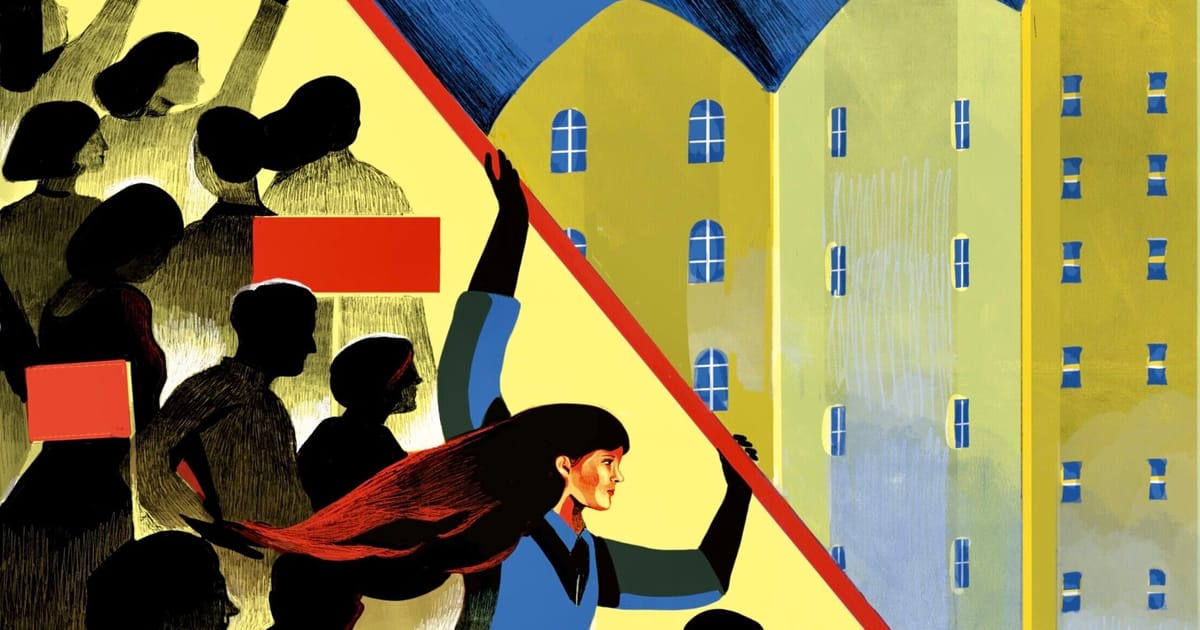The Continent’s housing crisis has gone from being a slow burn to a four-alarm fire — but some countries are handling it better than others.
One of Europe’s long-simmering political frustrations is suddenly boiling over.
From Lisbon to Łódź, voters are angry about the lack of affordable housing. Anti-immigrant riots broke out in Dublin last fall, fueled in part by claims that the Irish capital’s limited public housing was being given to foreigners. Meanwhile, in cities like Lisbon, Amsterdam and Milan, thousands of protesters have taken to the streets to denounce the lack of affordable homes.
In a poll ahead of last week’s far-right surge in the European Parliament election, the Continent’s mayors listed housing as one of the most important issues facing their constituencies.



You could say it is a supply and demand question in a very limited sense. Limited by space. There is no shortage of buildable areas in general, for example, around the cities, but there is shortage of housing in central and attractive places. Releasing building regulations would simply ruin existing quality and turn everything into terrible dense and faceless outskirts we all know. Then the demand would shift elsewhere, to remaining fewer good places, making demand even harsher.
Home ownership is essential for identity of places, so the solution is exactly the opposite: regulate building and secure rights to own your home.
If there is a shortage of housing what do you actually propose to make more housing?
You can’t possibly think 1% of housing will solve this problem never mind for a generation even for short term it won’t solve anything.